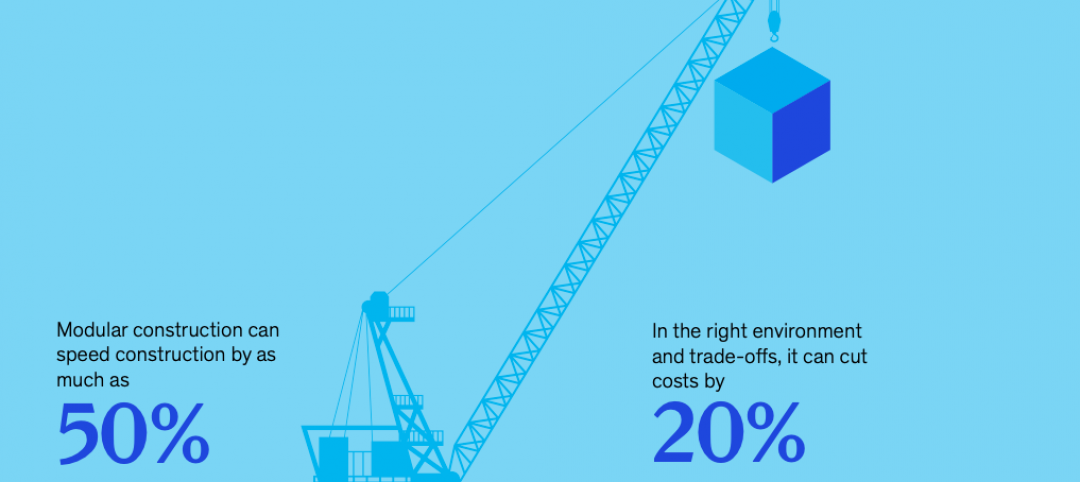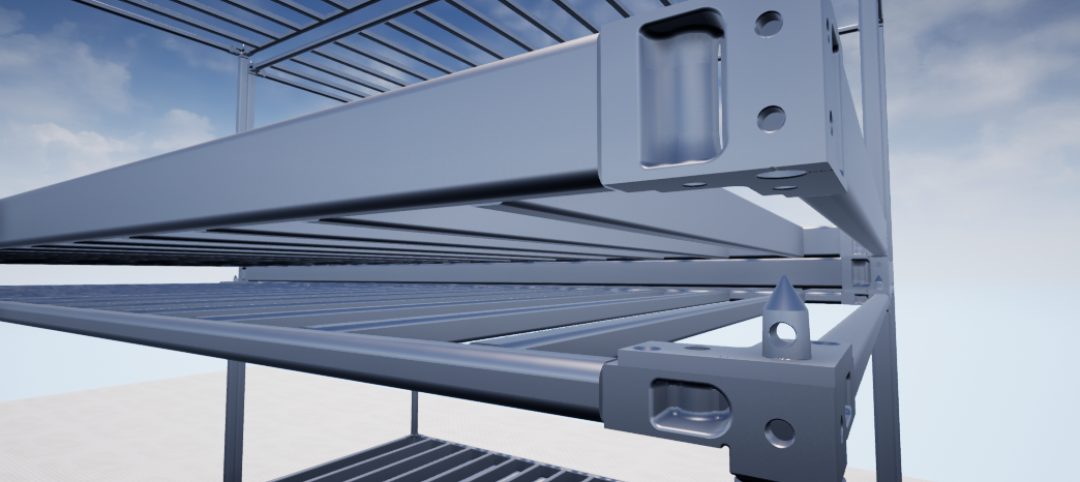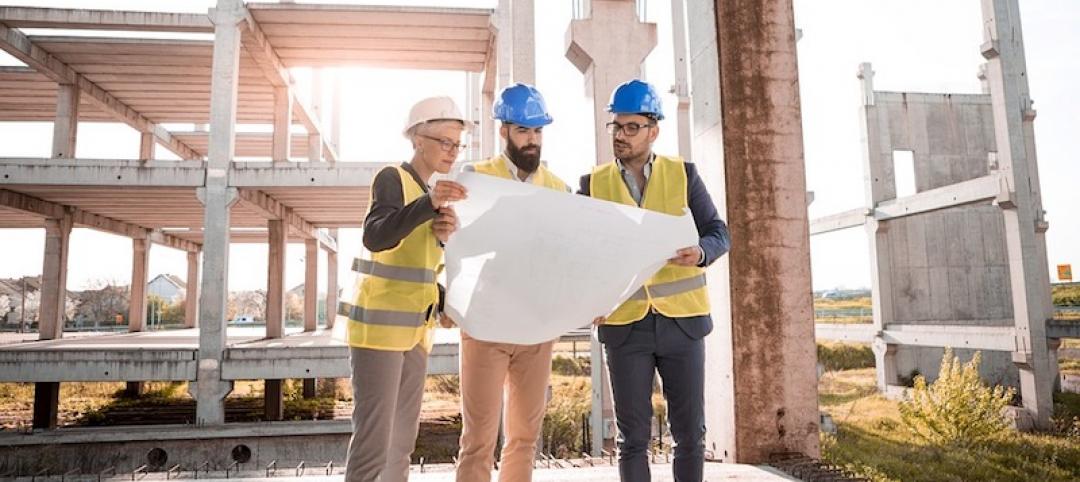National nonresidential construction spending fell 1.2% in July, according to an Associated Builders and Contractors analysis of data published today by the U.S. Census Bureau. On a seasonally adjusted annualized basis, spending totaled $809.1 billion for the month.
Of the 16 nonresidential subcategories, 10 were down on a monthly basis. Private nonresidential spending declined 1.0% while public nonresidential construction spending was down 1.3% in July.
“There are two primary countervailing forces influencing the trajectory of nonresidential construction spending,” said Basu. “The first is a force for good and involves the reopening of the economy and associated rebound in overall economic activity. Despite the lingering pandemic, third quarter GDP growth is likely to be quite strong. All things being equal, this would tend to strengthen business for contractors.
'Next year is shaping up to be an especially harsh one for many contractors, especially as some are already indicating that they are nearing the end of their backlog. The wild card, as is often the case, is Congress.'
“However, the second force at work is not benign and appears to be the stronger of the two,” said Basu. “The crisis has resulted in tighter project financing conditions, battered state and local government finances, substantial commercial vacancy and uncertainty regarding the future of key segments, such as office and lodging. And while backlog was strong at the start of the year, contractors indicate that it is now declining rapidly, in part due to abundant project cancellations.”
“Next year is shaping up to be an especially harsh one for many contractors, especially as some are already indicating that they are nearing the end of their backlog,” said Basu. “The wild card, as is often the case, is Congress. Another stimulus package could go a long way toward improving the trajectory of overall nonresidential construction spending, particularly one with a sizable infrastructure component. The upshot is that declines in nonresidential construction spending are likely even in the context of broader economic recovery.”
Related Stories
Building Tech | Jun 26, 2019
Modular construction can deliver projects 50% faster
Modular construction can deliver projects 20% to 50% faster than traditional methods and drastically reshape how buildings are delivered, according to a new report from McKinsey & Co.
Contractors | Jun 15, 2019
Turner tops off new classroom space at Middle Tennessee State University
The building includes a “command center” for training students to interact with emergency personnel.
Contractors | May 24, 2019
Two versions of a hard hat for the future are ready for production
Clayco worked with a Georgia college to design a hard hat with greater comfort and adaptability.
Contractors | May 20, 2019
SoCal’s oldest GC bounds into second century
C.W. Driver succeeds by sticking to core markets and practices.
Codes and Standards | Apr 25, 2019
Report: Contractors invest $1.6 billion in workforce development annually
ABC members increased training spending 45% from 2013, according to a new report.
Resiliency | Apr 22, 2019
Turner Construction doubles down on jobsite efficiency
The company targets a 50% cut in greenhouse gas emissions and water use from construction activities by 2030.
Building Tech | Apr 19, 2019
Skender, Z Modular reach agreement to fabricate multifamily housing components
Factory to open soon on the southwest side of Chicago.
Contractors | Apr 15, 2019
Do you have a fear of getting 'Uber'd'? Join the club
Exacerbating the AEC talent shortage is the coming mass exodus of baby boomers as they reach retirement age.
Contractors | Apr 15, 2019
Suffolk launches Smart Lab in Los Angeles
The lab will identify, test, and scale new technologies to help advance the construction industry.
Contractors | Apr 11, 2019
The construction industry has a problem, and women are going to solve it
Women currently comprise 9% of the construction industry. Here’s how we will change this to solve one of the industry’s most pressing issues.

















